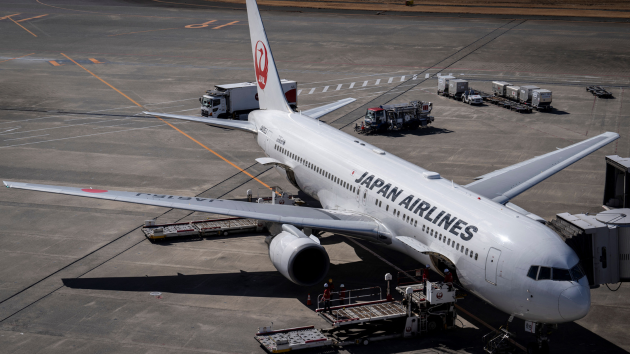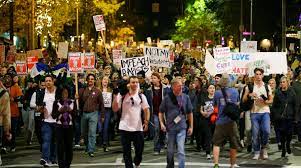Plea in SC challenging grant of quota to Marathas in education, jobs in Maharashtra
Sat 06 Jul 2019, 16:13:05
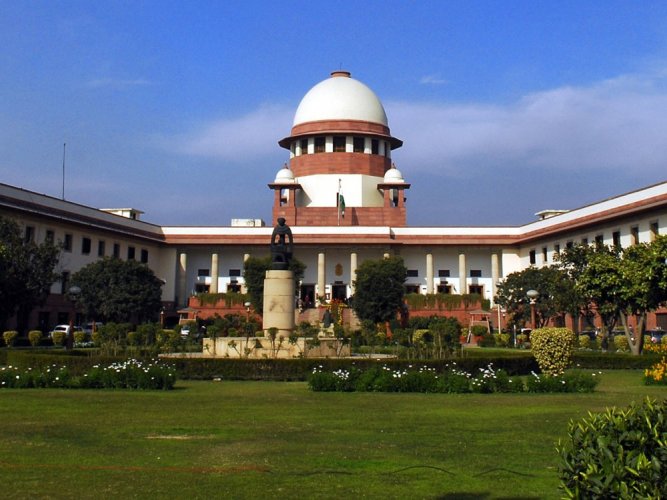
A plea has been filed in the Supreme Court challenging the Bombay High Court order which upheld the constitutional validity of the quota for the Maratha community in education and government jobs in Maharashtra.
The plea, which might come up for hearing next week, said the Socially and Educationally Backward Classes (SEBC) Act, which provided a 12-per cent and a 13-per cent quota to the Maratha community in education and jobs respectively, breached the 50-per cent ceiling on reservation fixed by the apex court in its landmark judgment in the Indira Sahwney case, also known as the "Mandal verdict".
Sanjeet Shukla, a representative of "Youth for Equality", an NGO, claimed in the petition that the framing of the SEBC Act for Marathas was done under "political pressure" and in "full defiance" of the constitutional principles of equality and rule of law.
"The high court erred in concluding that the mere fact that other OBCs would have to share their reservation quotas with the Marathas (if the Marathas were simply included in the existing OBC category) constitutes an exceptional circumstance warranting a breach of the 50 per cent ceiling limit set by Indira Sawhney," the plea filed by advocate Pooja Dhar said.
The Bombay High Court, in its June 27 order, said the 50-per cent cap on reservation imposed by the apex court could be exceeded only in exceptional circumstances.
"The majority in the Indira Sawhney case held that the ceiling limit of 50 per cent was a binding rule and not merely a rule of prudence," the plea said.
It said the high
court's order upheld a 65-per cent reservation in Maharashtra (there being no community hailing from far-flung or remote areas), which was contrary to the nine-judge bench decision of the Supreme Court in the Indira Sawhney case.
court's order upheld a 65-per cent reservation in Maharashtra (there being no community hailing from far-flung or remote areas), which was contrary to the nine-judge bench decision of the Supreme Court in the Indira Sawhney case.
"It is evident that the Maharashtra government has made a mockery of the rule of law. It has also used its constitutional powers arbitrarily and purely for political gains," the plea said.
It said the SEBC Act was "unconstitutional" for violating the Bombay High Court's 2015 order without removing its basis, overstepping the constitutional limitations contained in the 102nd amendment to the Constitution and for merely succumbing to political pressure, in complete violation of the constitutional principles of rule of law.
According to the 102nd amendment to the Constitution, reservation can be granted only if a particular community is named in the list prepared by the president.
The plea further claimed that the Bombay High Court "erred" in concluding that the mere fact that 85 per cent of Maharashtra's population was "backward" was so extraordinary as to warrant a breach of the 50-per cent ceiling limit.
It also claimed that the high court overlooked the fact that Marathas occupied 40 per cent of the government jobs available in the open category.
"The high court overlooked the fact that the Gaikwad Commission itself recorded that the Maratha community forms only 19 per cent of the population, which shows that the assumption behind the SEBC Act that Marathas constitute 30 per cent of the population was bad," it said.
No Comments For This Post, Be first to write a Comment.
Most viewed from National
Most viewed from World
AIMIM News
Delhi Assembly polls: Owaisi leads Padyatra in Okhla
Feb 01, 2025
We reject this Waqf Amendment Bill: Asaduddin Owaisi
Jan 30, 2025
Latest Urdu News
Most Viewed
May 26, 2020
Which political party will win the Delhi Assembly polls to be held on Feb 5?
Latest Videos View All
Like Us
Home
About Us
Advertise With Us
All Polls
Epaper Archives
Privacy Policy
Contact Us
Download Etemaad App
© 2025 Etemaad Daily News, All Rights Reserved.

.jpg)
.jpg)
.jpg)
.jpg)
.jpg)
.jpg)
.jpg)
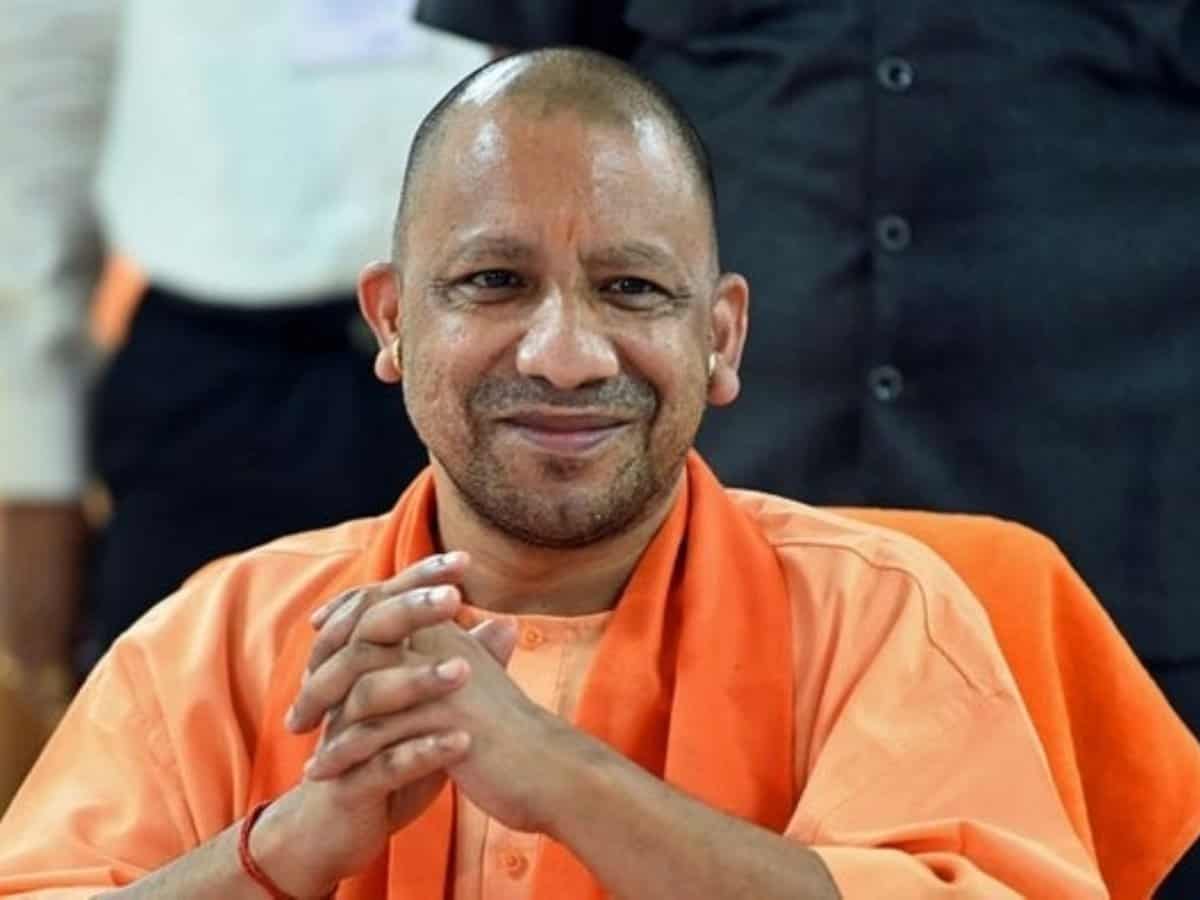
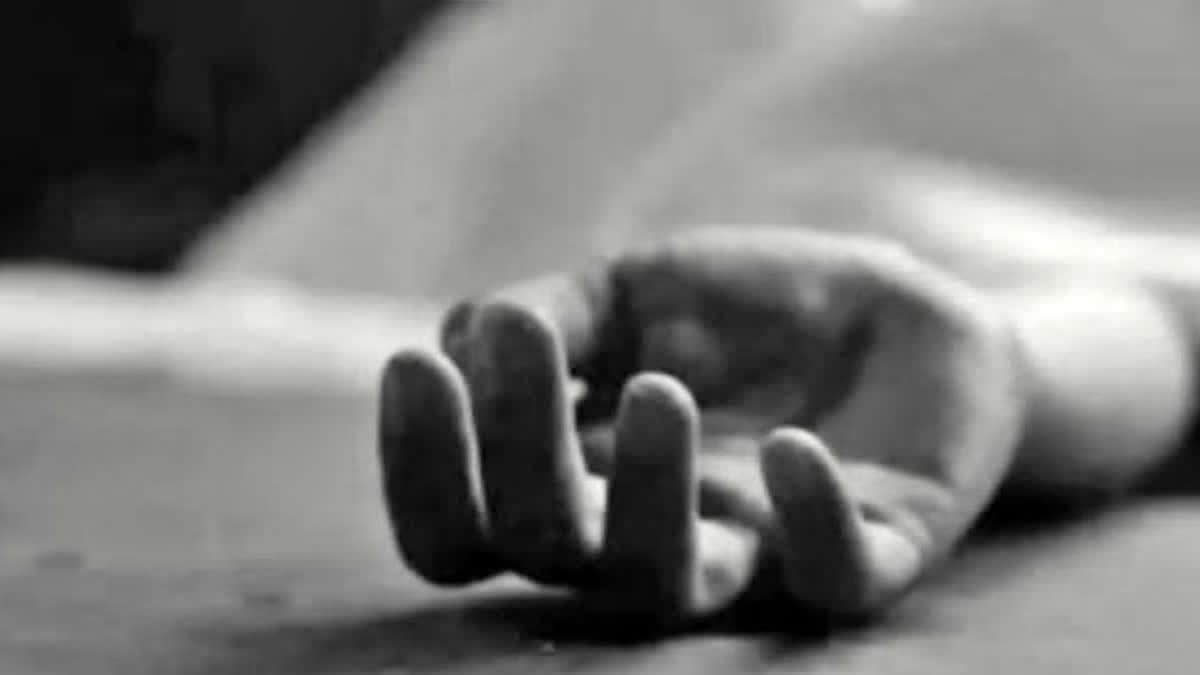



.jpg)
.jpg)
.jpg)
.jpg)
.jpg)
.jpg)
.jpg)
.jpg)
.jpg)

